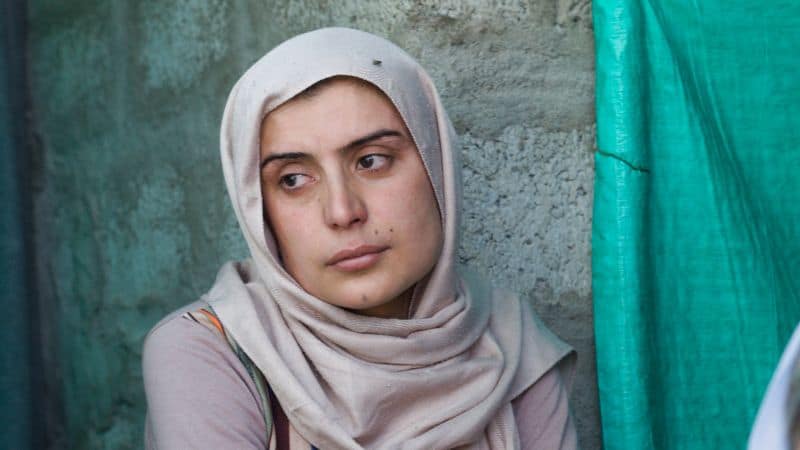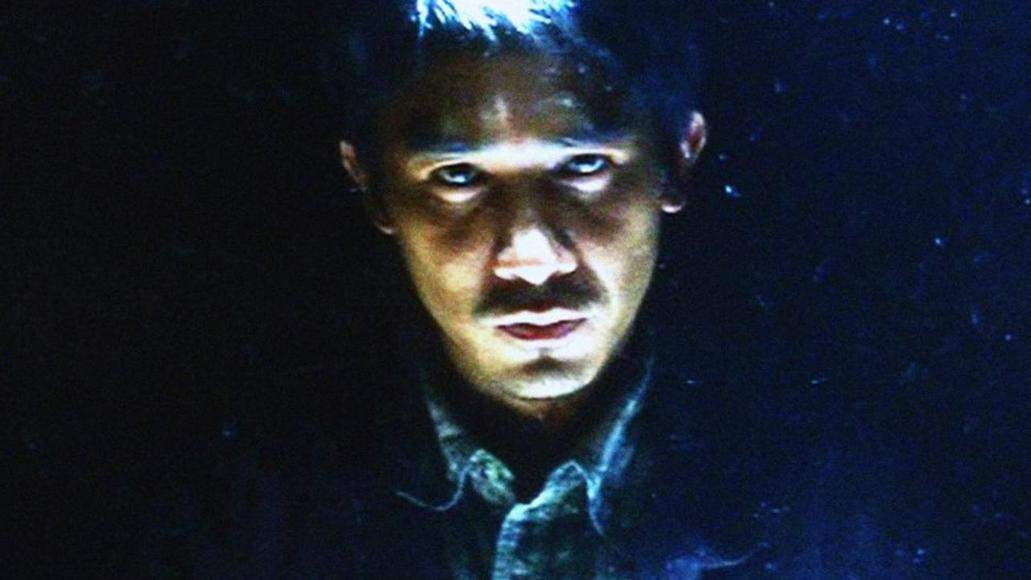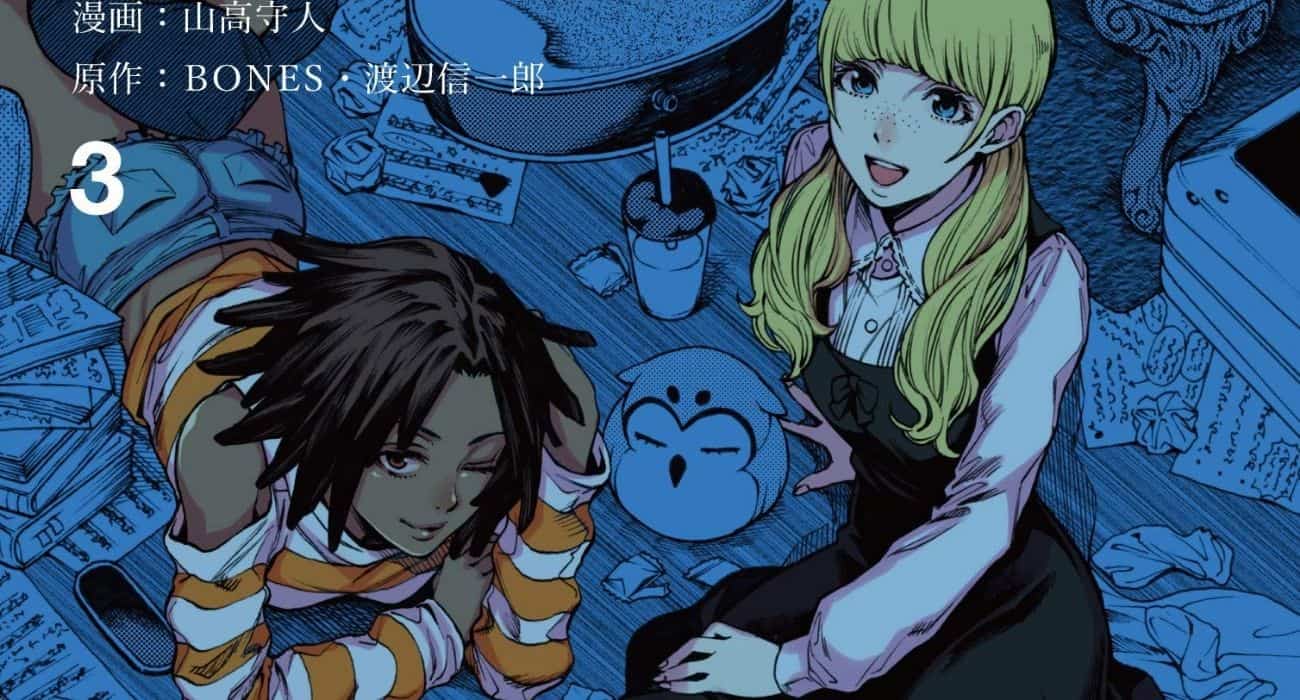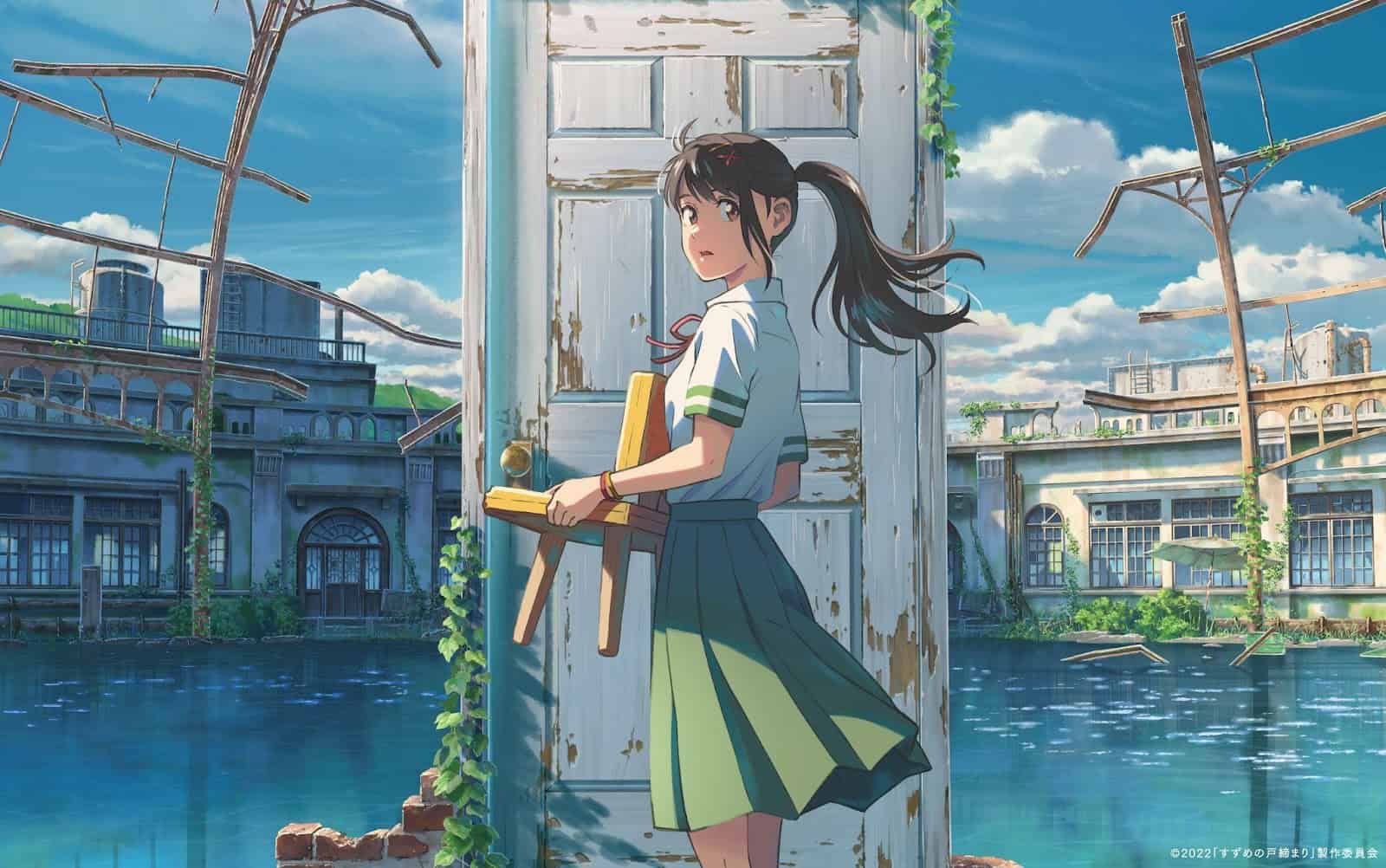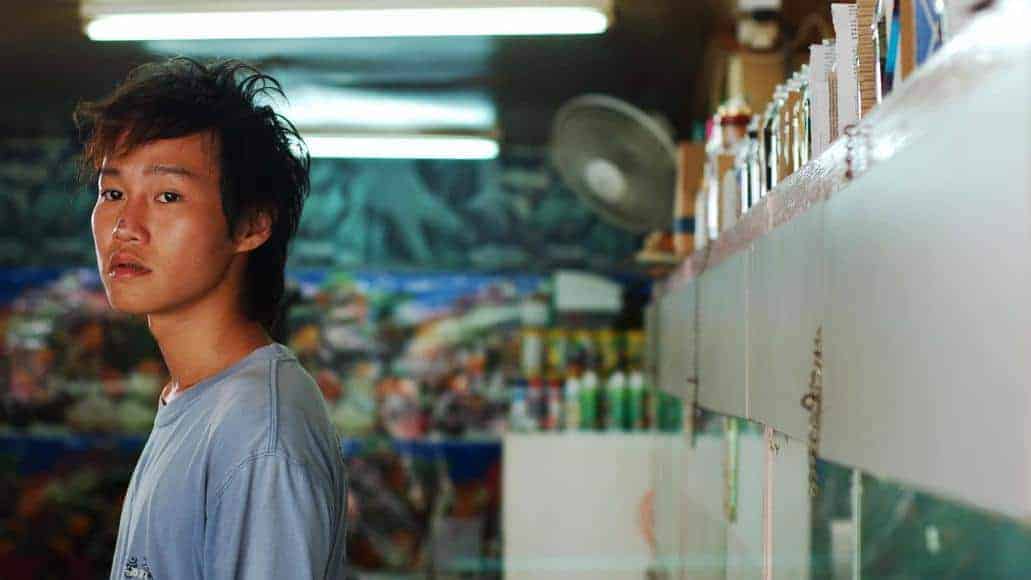Either you believe in God or the devil or any kind of religion for that matter, it is very hard not to acknowledge that the personification of evil on Earth is the ISIS, with their practices being as close to utter villainy as it has ever existed on the planet. Zahavi Sanjavi's documentary highlights the fact in the most eloquent fashion, by focusing on, Ghazala, a Yazidi mother and her two small boys, who, after more than two years in captivity with ISIS, return to Iraqi Kurdistan, only to find that their trauma is almost impossible to overcome.
“Imad's Childhood” is screening at the 24th Thessaloniki Documentary Festival
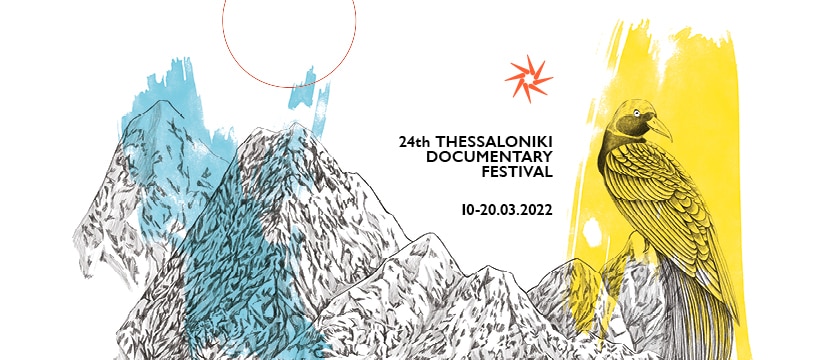
Four-year-old Imad, however, is the one who seems to face the most significant issues, also deriving from the fact that due to his captivity, he cannot speak Kurdish and communicate with the people around him. Being constantly aggressive and violent to everyone that comes close to him, including his brother, all the kids in the kindergarten he attends briefly, even to the toy dolls he receives, with his first notion being to decapitate them, show how big the issues he faces are. As the shocking impact of the trauma unfolds, we learn how the kids were buried in sand to their head and then kicked, and how ISIS made them watch videos of murders, in a series of actions that are so appalling, that is very difficult for any viewer to remain calm as they are presented on screen.

Eventually a teacher starts dealing with Imad, constantly being with him and trying to change him, by showing him compassion and understanding, and by trying to show him a way to treat others that does not entail violence. This, however, is not a naive success story that ends in misplaced optimism, and her efforts are met with much failure, as it is repeatedly proven how difficult it is, even for such a young child, to truly change. His grandmother's efforts also help somewhat, but whatever progress Imad makes is rather slow, and the back and forth in his behavior, quite frequent. At the same time, the other kids his age start to isolate him, occasionally teasing him, trying to exact a reaction, something that makes things even worse.
Even when some progress is made, however, the problem takes another form, as Ghazala suffers from intense repression, a result of both her captivity and not knowing anything about her husband's fate, as the family was split during the war. Her son's teacher tries to help her also, but her job is difficult in that regard also. Finally, however, the war with ISIS ends, and a glimmer of hope starts appearing.
Zahava Sanjavi followed the family closely for many years, in a rather difficult effort that had him and his cameraman, Heshmatolla Narenji, running around a 4-year old that never stopped, witnessing repeating acts of shocking, violent tendencies, which occasionally even turned towards them, although in vocal fashion. The result, however, is impressive, as the story highlights both the blights of war and the despicability of ISIS's actions, whose members seem to hold nothing sacred, including childhood. Eva Hillström's job in the editing is also on a very high level, with her inducing the film with a sense of speed that lets it flow easily, despite the dramatic nature of the images on screen. Furthermore, at 78 minutes, the movie does not overextend its welcome in any way.
“Imad's Childhood” is a great documentary that manages to highlight a very sensitive subject in eloquent but also respectful fashion, thus fulfilling a number of the key purposes of the medium.


